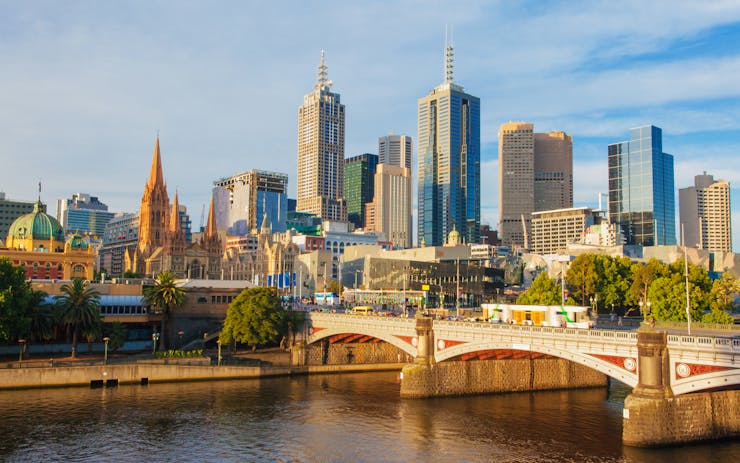Australian medical cannabis patients and advocates notched a big win this week as the federal government loosened strings on the country’s cannabis-importation laws. The changes will allow overseas suppliers of medicinal cannabis to import into Australia in bulk, store a surplus, and ship directly to patients as doctors prescribe.
Despite progress made in licensing and local cultivation—which became legal in October 2016—patients and doctors have nevertheless found it frustratingly difficult to get a hold of legal cannabis. This is mainly due to the fact that the only products that currently meet quality standards are made overseas and classified in Australia as “unapproved medicines.” In other words, they have not yet completed rigorous pharmaceutical trials and been approved by government regultors. Instead, medicine must be obtained through complex regulatory pathways such as the Special Access Scheme, which requires individual approvals at both the state and federal levels.
These pathways are not only convoluted from a regulatory perspective, they are expensive. Until now, under the Special Access Scheme, cannabis products were shipped directly from an overseas manufacturer to the patient on a case-by-case basis—a process that entails thousands of dollars in shipping costs alone. Under the changes announced Wednesday, patients will no longer have to have products shipped directly directly from overseas.
According to Federal Health Minister Greg Hunt, the new policy will ensure that there will be sufficient interim supply for “all of the medical demand” among approved patients.
Medical cannabis advocate Lucy Haslam is only cautiously optimistic.
Many see the announcement as long overdue. On local radio last month, even Prime Minister Malcolm Turnbull seemed to acknowledge supply issues when he urged doctors to apply for access to imported medicinal cannabis for seriously ill patients until Australia is in a position to cultivate enough of its own.
Medical cannabis advocate Lucy Haslam, however, is only cautiously optimistic. Halsam, who lost her son to bowel cancer nearly two years ago, says it remains to be seen how quickly patients will be able to get the product in their hands, especially as the application for access can be difficult. Because qualified doctors aren’t allowed to advertise, even finding an authorized prescriber presents a challenge.
For now, the immediate beneficiaries of the change include the existing three foreign suppliers to the Australian market, GW Pharma, Tilray, and Bedrocan, which will now be able to supply medicinal cannabis more efficiently by warehousing it in the country. Also likely to benefit are the existing companies involved in pharmaceutical logistics, stacking the odds even further against local start-ups trying to break into the nascent market. (Editor’s note: Tilray and Leafly are both owned by parent company Privateer Holdings.)
The Australian stock market welcomed the announcement, with Australian-listed cannabis companies such as AusCann (ASX:TWH), MMJ Phytotech (ASX:MMJ) and others posting double-digit gains despite the local businesses not having products currently available for import.




